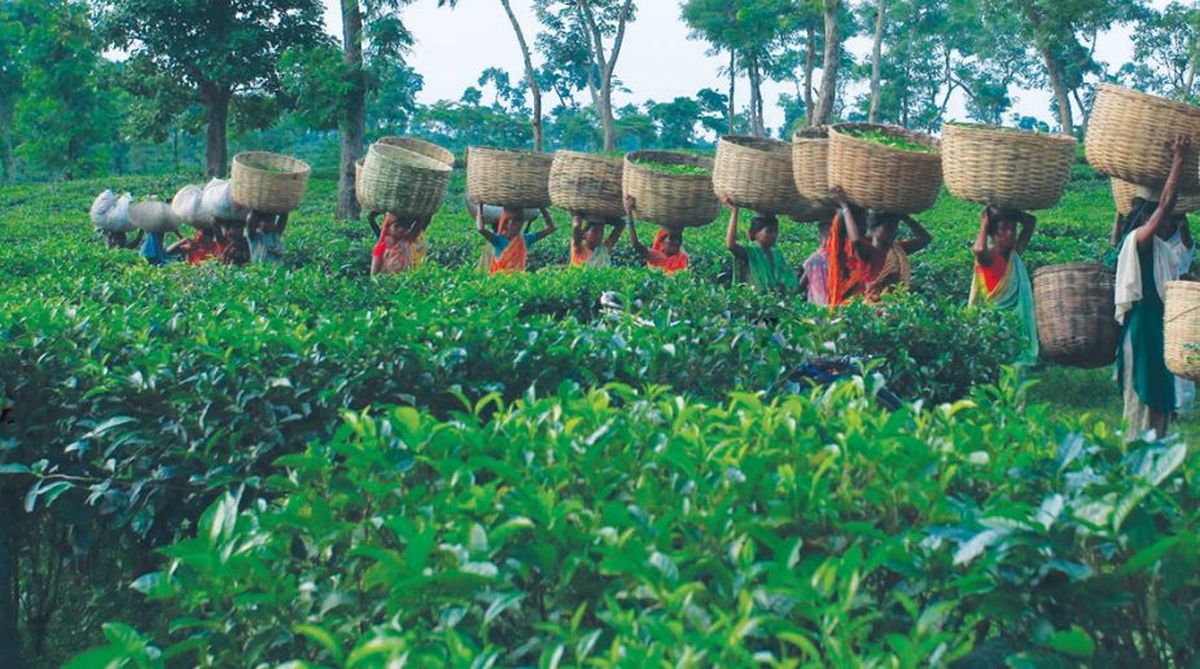Everybody talks about Darjeeling and the special tea produced there, which, needless to say, is famous across the globe. And when it comes to the ‘Queen of Hills,’ everyone wanting to visit the place these days first wants to know if the political situation is good and if it is peaceful.
Apart from the political affairs, a section has also expressed concern about the future of tea in the Hills, as they say productivity is gradually slowing down.
Advertisement
Significantly, some planters have blamed workers and their work culture for the slowdown, while the 104- day-shutdown last year also hit the tea sector. It is also true that workers are up in arms, demanding more bonus, minimum wages and making other legitimate claims.
However, to counter planters’ claims about bad work culture, tea workers have alleged that planters have stopped re-plantation and rejuvenation of tea bushes on a regular basis.
“To increase productivity, planters are in no position to prepare the top soil for re-plantation after uprooting old bushes, which are still producing green leaves in Darjeeling, despite the strides made in the science and technology sector. How can we expect more productivity without rejuvenation of the old tea bushes?” a senior trade union leader, Zia ul Alam, says.
A tea expert, Rajiv Lochan, who recently showcased quality Darjeeling tea in China, admitted to the ongoing “acute crisis” in the Darjeeling tea industry and to the fact that planters had failed to ready the top soil for rejuvenation and re-plantation.
“Tea plantation owners did not take care of the soil and its need for better production after the British, who selected Darjeeling for the best tea production in the Himalayan landscape, left our country. The tea gardens, which have been transferred from one company to the other over a few decades, are not properly nourished just to save additional cost and to avoid additional investment,” Mr Lochan says. According to him, only the Goodricke group maintains the plantations properly and takes care of its soil in Darjeeling.
Chief of the Tea Research Association (TRA) in Nagrakata, Dr A Babu, says that the top soil problem is a “perennial problem” in Darjeeling, given the heavy rainfall. “It is very difficult to go for replanting in those areas. As a result, planters are opting for new plantations on vacant plots,” he says.
“Some people are applying bio fertilizers for the development of the soil. In Darjeeling, the yield rate is low because all are organic plantations. They cannot use inorganic fertilizers and pesticides. The production of tea in Darjeeling is one-fourth of the rate of production in the Dooars,” Dr Babu says.
“Only the Tea Board will decide on all these things. I look after Darjeeling, which is under my jurisdiction. We are also developing some clones for Darjeeling and bio-fertilizers and pesticides in our research station,” he adds.











